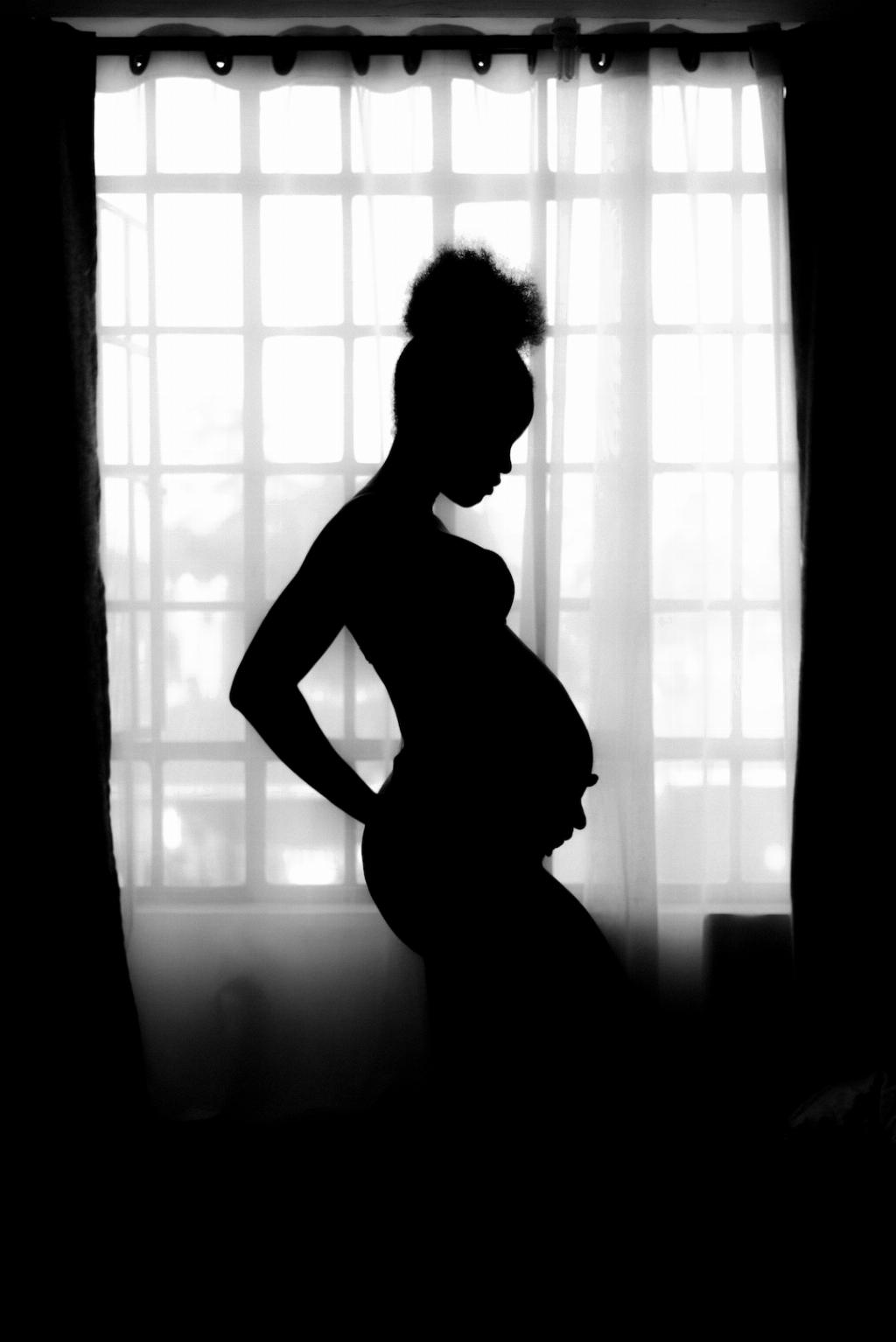For those who have experienced the confusion of seeing a faint positive result on a pregnancy test only to have it turn negative on a subsequent test, the emotional rollercoaster can be overwhelming. It is important to understand that this scenario could be indicative of a chemical pregnancy or early miscarriage.
What is a Chemical Pregnancy?
A chemical pregnancy occurs when a fertilized egg implants in the uterus but fails to develop further. This can lead to the production of the pregnancy hormone hCG, resulting in a positive pregnancy test. However, due to issues with implantation or other factors, the pregnancy may not progress, leading to a sudden drop in hCG levels and a subsequent negative test result.
Reasons for Faint Positive Results
There are several reasons why an individual may experience a faint positive result on a pregnancy test. It could be due to a low level of hCG in the early stages of pregnancy, resulting in a faint line on the test. Additionally, issues such as dilution of urine, improper testing technique, or using an expired test kit can also contribute to faint positive results.
Understanding hCG Levels
The hormone hCG is produced by the placenta after implantation occurs. In the case of a chemical pregnancy, the hCG levels may rise initially, leading to a positive test result. However, if the pregnancy is not viable, the hCG levels may decline rapidly, resulting in a negative test in the following days.
Potential Signs of a Chemical Pregnancy
In addition to the appearance of a faint positive result followed by a negative test, individuals may experience other symptoms that could indicate a chemical pregnancy. These signs may include light spotting, mild cramping, or a delayed menstrual period.
Emotional Impact of a Chemical Pregnancy
Experiencing a chemical pregnancy can be a difficult and emotional time for individuals hoping to conceive. The sudden shift from a positive test result to a negative one can bring about feelings of loss, confusion, and disappointment. It is important to seek support and guidance during this time.
Consulting a Healthcare Provider
If you have concerns about your pregnancy test results or suspect a chemical pregnancy, it is advisable to consult with a healthcare provider. A medical professional can provide guidance, perform additional tests if necessary, and offer emotional support throughout the process.
Focusing on Self-Care
During this challenging time, it is essential to prioritize self-care and emotional well-being. Engaging in activities that bring comfort, seeking support from loved ones, and allowing yourself to grieve are all important steps in the healing process.
Support Networks and Resources
Joining support groups or connecting with others who have experienced similar situations can also be beneficial. Sharing your feelings and experiences with individuals who understand what you are going through can provide a sense of community and solidarity.
Looking Towards the Future
While the experience of a chemical pregnancy can be distressing, it is important to remember that it is not uncommon and does not necessarily impact future fertility. Taking time to heal physically and emotionally and discussing any concerns with a healthcare provider can help in preparing for future pregnancy attempts.
Final Thoughts
In conclusion, the occurrence of a faint positive followed by a negative pregnancy test result can be indicative of a chemical pregnancy or early miscarriage. Understanding the factors contributing to this situation, seeking support, and focusing on self-care are essential steps in navigating the emotional impact of such an experience.

